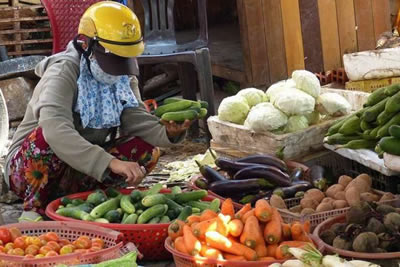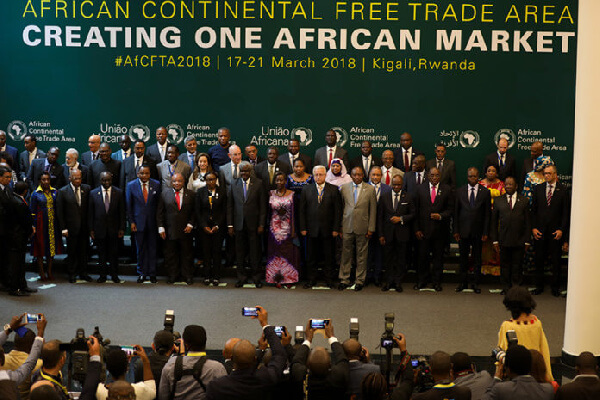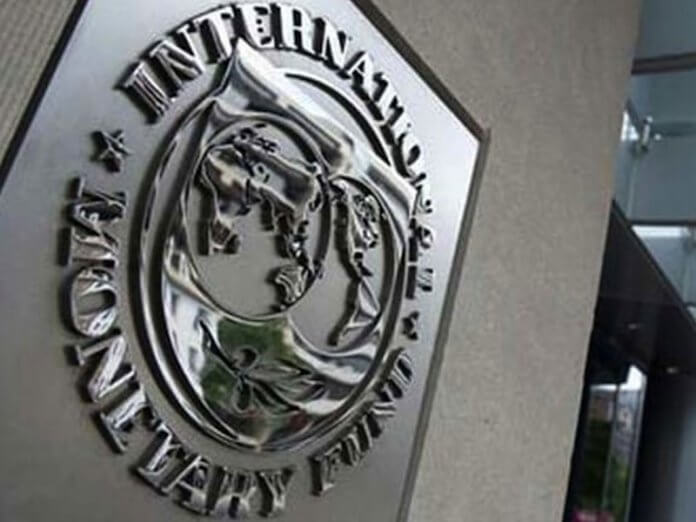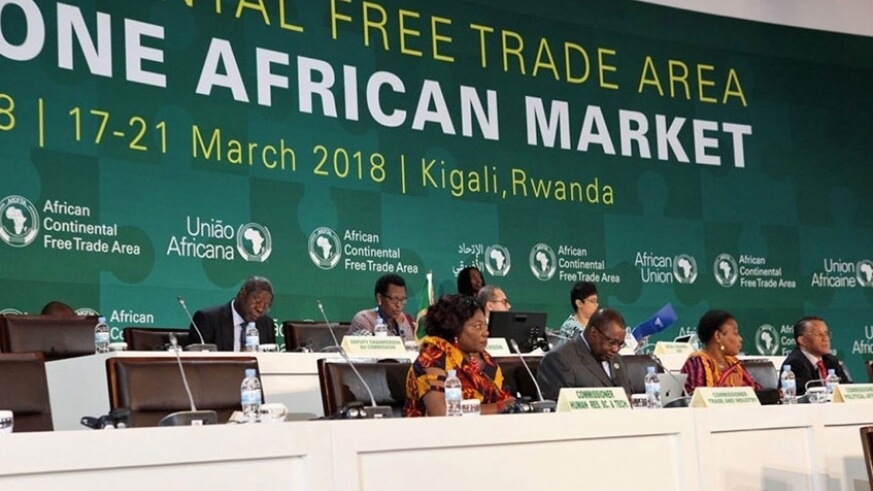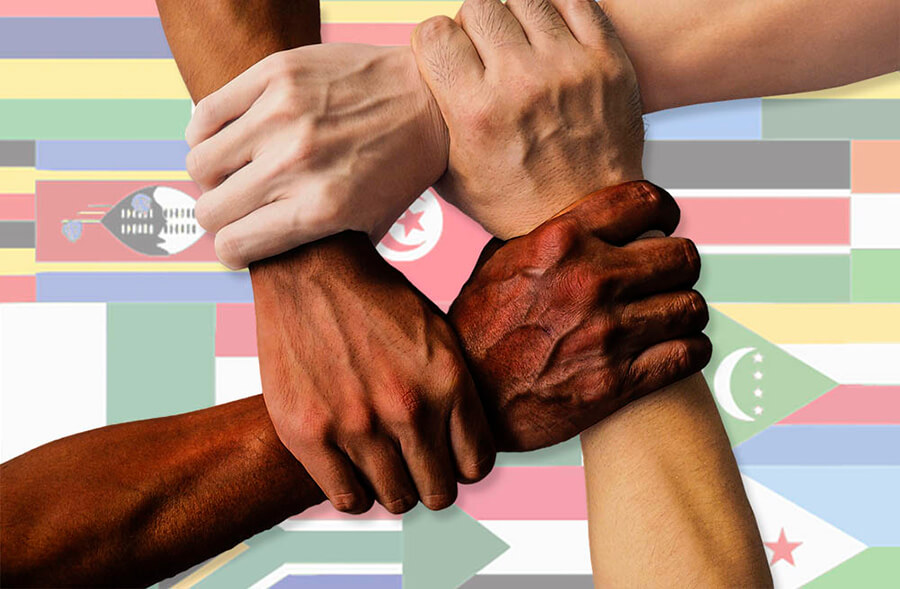As the COVID-19 virus continues its gallop across the world, we are forced to constantly reassess our expectations of both the human and economic costs that it will bring. Indeed, the world is now reaching a point where unilateral decisions by food exporters and falling national revenues could have devastating effects for food-insecure countries, compounding health problems for already vulnerable citizens. Earlier this year, when the virus was more or less limited to China and a few of its neighbours, analysts were more focused on disruptions to global manufacturing value chains, foreign direct investment, and the likely impact of the Chinese economy’s slowdown on global GDP, given the weight of China in the global economy. Consequently, at the beginning of the pandemic, little emphasis was placed on food security, given the expectation that food markets would be well supplied, as cereal stocks would reach their third highest level on record and that, as a result, export availabilities for wheat, maize, rice and soybeans would easily meet anticipated demand. Food Security Devastating effect on food security It is now feared that the COVID-19 pandemic could have a devastating effect on food security if major cereal exporters adopt trade barriers or export bans, as experienced during the 2007-2008 food crisis, or if coronavirus’ effects on the labour force and logistics become important. In addition, for countries that strongly rely on food imports, food security is vulnerable to revenues lost as a result of slowing economic activity caused by COVID-19. Developing countries, particularly...
COVID-19 and food security in vulnerable countries
Posted on: April 20, 2020
Posted on: April 20, 2020

